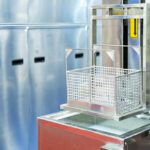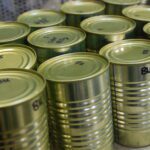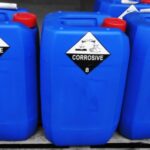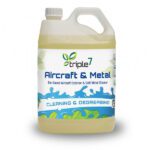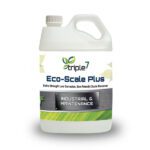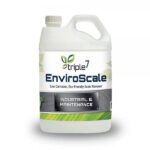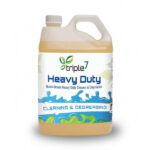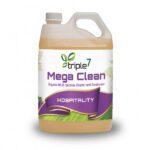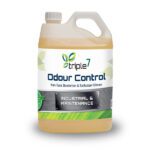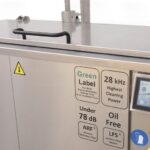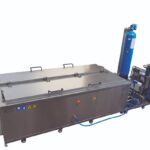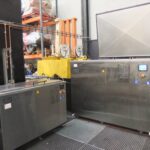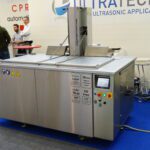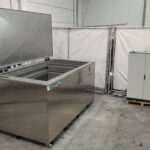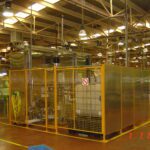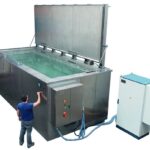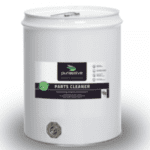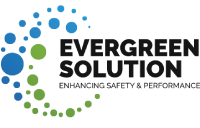Cleaning is an essential task in the petroleum industry and refineries, as it helps to maintain the efficiency and effectiveness of equipment and prevent costly downtime. However, cleaning can also pose various safety risks to workers, including exposure to hazardous chemicals, slips and falls, and the risk of injury from heavy machinery. As such, it is important for companies in this industry to implement safe cleaning practices to minimize these risks.
Here are 7 pointers for implementing safer cleaning systems in the petroleum industry and refineries:
- Use safer cleaning products: Traditional cleaning products used in the petroleum industry and refineries often contain harsh chemicals that can be harmful to workers and the environment. To minimize these risks, it is important to use safer cleaning products that are derived from natural, renewable resources, such as plant-based oils and enzymes. These products are generally considered safer and more environmentally friendly than traditional chemicals, and they can be just as effective at removing dirt and grime from equipment.
- Provide proper training: Proper training is essential for ensuring the safety of workers during the cleaning process. This should include training on the proper handling and use of cleaning products, as well as the proper use of equipment such as pressure washers and scaffolding. It is also important to train workers on how to identify and report any potential hazards they encounter during the cleaning process.
- Use personal protective equipment (PPE): It is important for workers to wear the appropriate personal protective equipment (PPE) during the cleaning process to reduce the risk of injury and exposure to hazardous chemicals. This may include gloves, eye protection, and respiratory protection, as well as protective clothing and footwear. It is also important to ensure that PPE is properly maintained and replaced when necessary.
- Implement safety protocols: Establishing clear safety protocols and procedures can help to minimize the risk of accidents and injuries during the cleaning process. This may include procedures for handling hazardous chemicals, procedures for working at heights, and procedures for responding to emergencies. It is also important to regularly review and update these protocols to ensure that they are effective and up-to-date.
- Use the right equipment: Using the right equipment for the job is essential for ensuring the safety of workers during the cleaning process. This may include pressure washers, scaffolding, and ladders, as well as specialized equipment such as robotic cleaning systems. It is important to ensure that all equipment is properly maintained and in good working order to reduce the risk of accidents and injuries.
- Monitor for potential hazards: It is important for workers to remain vigilant for potential hazards during the cleaning process, and to report any concerns to their supervisor. This may include the presence of hazardous chemicals, damaged equipment, or slippery surfaces. By identifying and addressing potential hazards early on, it is possible to prevent accidents and injuries.
- Conduct regular safety audits: Regular safety audits can help to identify potential hazards and areas for improvement in the cleaning process. These audits should involve a thorough examination of the cleaning process, including the use of cleaning products and equipment, the training of workers, and the overall safety protocols in place. By conducting regular safety audits, it is possible to identify and address any potential issues before they become a problem.

Overall, implementing safer cleaning systems in the petroleum industry and refineries is essential for ensuring the safety of workers and minimizing the risk of accidents and injuries. By using safer cleaning products, providing proper training, using PPE, implementing safety protocols, using the right equipment, monitoring for potential hazards, and conducting regular safety audits, it is possible to create a safer and more efficient cleaning process


